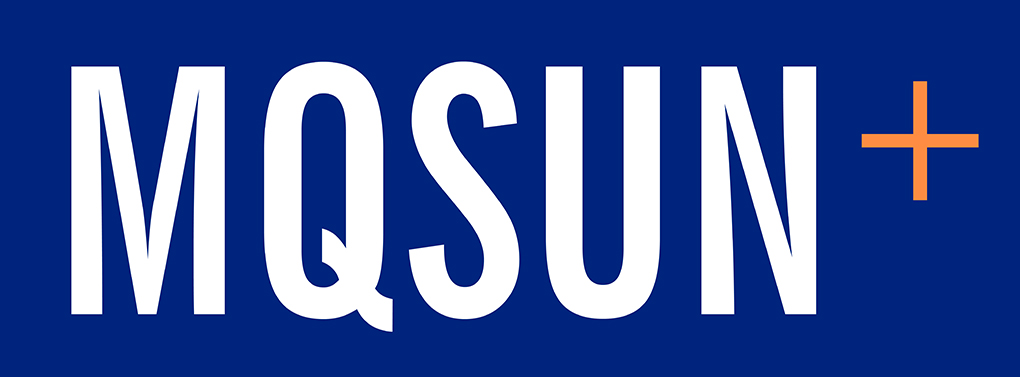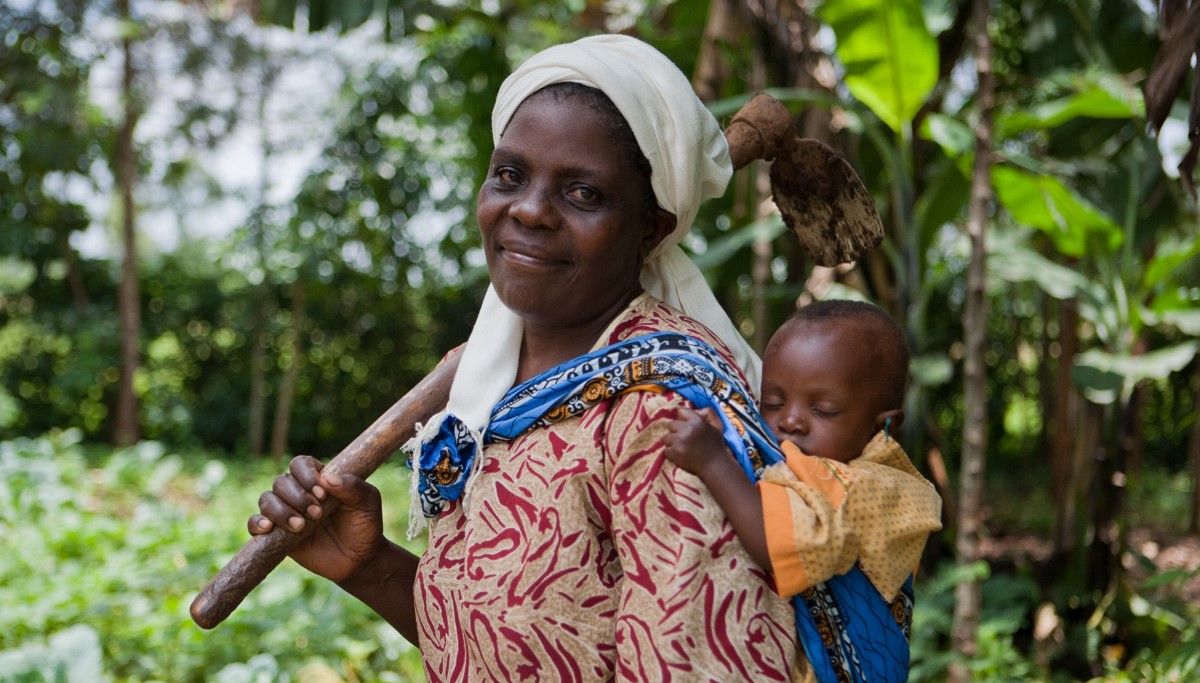Technical assistance (TA) has long been used as a form of development assistance to support countries, however, its success, approach and purpose vary widely. In 2012, the United Kingdom’s Department for International Development initiated a new programme approach to provide flexible TA for nutrition policy and programming, through the Maximising the Quality of Scaling Up Nutrition project. Through this mechanism, for the first time, Scaling Up Nutrition (SUN) countries were able to request TA if they did not have the country capacity, technical expertise or existing internal TA mechanism to support their own nutrition planning efforts.
Since 2012, MQSUN and now MQSUN+ have provided demand-driven TA to more than 50 SUN countries in response to both global and country requests. At the start of MQSUN, there was no template or framework for how to successfully deliver such technical assistance. Utilising robust monitoring and evaluation and knowledge management, MQSUN+ has continued to document key learnings and positive practices to inform an adaptive TA process.
We have found that contextually-informed, inclusive and adaptive TA can energise progress by supporting countries to develop a country-specific and country-owned framework and roadmap for action. Such TA also boosts country efforts to overcome roadblocks and make progress toward reducing malnutrition. There has been growing interest in understanding how TA delivery models function and the elements that drive its implementation. Although there is no standard approach for providing TA, this brief highlights our applied knowledge to showcase how MQSUN/MQSUN+ TA delivery approaches have contributed to strengthening the nutrition enabling environment in SUN countries.


